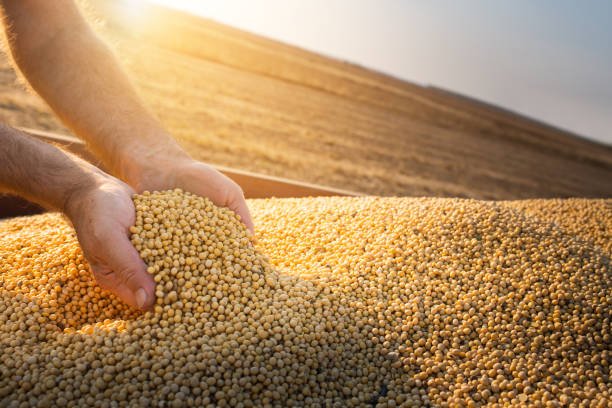As a professor, State Secretary, Minister of Agriculture, member of the National Congress and rural leader, Alysson Paolinelli has led the sustainable tropical agricultural revolution since the 1970’s. This was one of the most impacting economic and social facts of Brazil’s recent history and started a new chapter in the history of man’s food production.
The Great Leap
In the 1970’s, Brazil imported basic staples and the agricultural revolution ensured food self-sufficiency and reduced the weight of food in family expenses, freeing income for other wellness consumption. And Brazil went even further: it has become the world’s fourth largest producer and exporter of basic staples.
Primacy of science
To drive this agricultural revolution, Paolinelli prioritized science. He structured a unique tropical farming and cattle raising research system whose main highlight was Embrapa, the tropical world’s largest farming and cattle raising technology company, which today has 2,400 researchers and 42 decentralized research units, of which 26 were created when he was the Minister of Agriculture.























